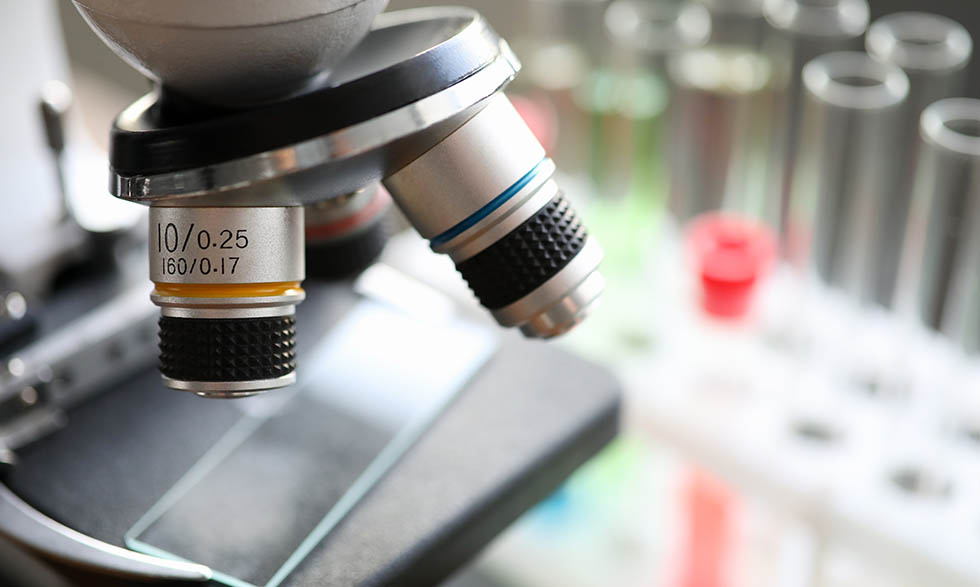
Last updated on July 27th, 2024 at 11:05 am
Important research by investigators at the National Institutes of Health (NIH) and beyond has shown that the human papillomavirus (HPV) vaccine can prevent cervical cancer, which is caused by HPV.
And the latest NIH research has taken another important step in cervical cancer treatment: developing at-home HPV testing for people who may be at risk.
Sarah Kobrin, Ph.D., talked about this research and provided prevention information. Dr. Kobrin is the chief of the Health Systems and Interventions Research Branch at the National Cancer Institute.
What can you tell us about HPV vaccine research today?
There is more evidence now that the long-term effects of the HPV vaccine will benefit everyone.
– Sarah Kobrin, Ph.D.
The Centers for Disease Control and Prevention has been researching the HPV vaccine for about 15 years. They are constantly reviewing when you should be vaccinated, how effective the vaccines are, and who should receive them.
There is more evidence now that the long-term effects of the HPV vaccine will benefit everyone. The schedule of when people should be vaccinated may change from time to time. But this is because we are constantly learning more about the safety of the vaccine.
We hope to soon have Food and Drug Administration-approved home tests for HPV. People may feel more comfortable taking an HPV test in the privacy of their own home and mailing in a sample. This would make the process easier and more convenient for everyone.
What can be done to make cervical cancer prevention easier?
Awareness is a necessary first step. But awareness is not enough. In general, people are more aware of the HPV vaccine. The most important challenge is giving everyone access to it.
People have to actually get vaccinated and get regular cervical cancer screening tests, like the Pap smear and HPV tests, to prevent cervical cancer. Talk with your health care provider and get the vaccine (for you or your children), according to the recommended timetable.
How is HPV detected?
Health care providers test for antibodies to see if a person has been exposed to HPV. There are many types of HPV, but only a small number of them are associated with causing cancer.
What should people know about cervical cancer?
It’s important for all women to get regular cervical cancer screening tests. These include the Pap smear and HPV tests—what’s best for each woman depends on her age and past experience with these tests. The tests help detect [cervical] cells that have been changed by HPV. A Pap smear can detect early stages of cancer that can be treated. When found early, the cells can be treated before they become cervical cancer. The HPV vaccine is a preventive step.
Do we have less cervical cancer today?
We are measuring this as closely as we can. Because it takes a long time for an HPV infection to cause cancer, the first change we can see is a large reduction in the number of HPV infections. That is already happening. This means that the number of people with cervical cancer will be going down in the future. Therefore, the people who are not getting the infection now will not get cervical cancer later.
